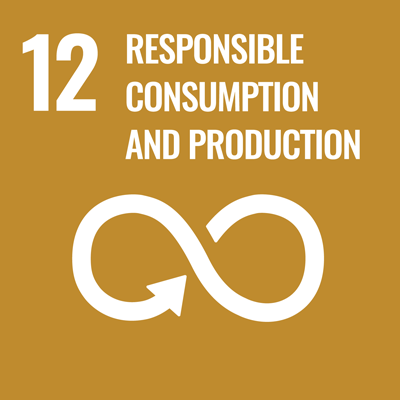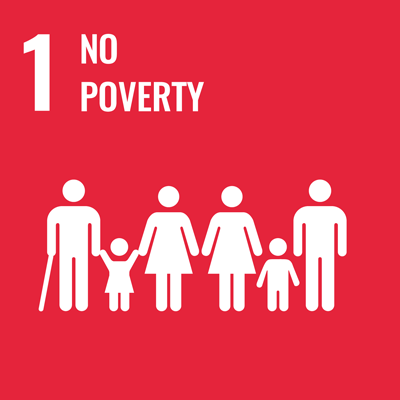
Evaluation of FAO’s reducing food loss and waste programme - Better Nutrition 4
Food loss and waste (FLW) is a manifestation of poorly functional agri-food systems. It affects the sustainability of food systems, contributes to greenhouse gas emissions and wastes resources used in food production. Reduction of food loss and waste is acknowledged as one of the most efficient and feasible approaches in economic and environmental terms to increasing nutrition and food security, compared to increasing food production.
FAO mainly supports Governments at the policy and legislative levels to take FLW action. Its key activities include designing tools and methodologies to measure FLW for evidence-based policy making, setting norms and standards, supporting formulation and implementation of national policies, strategies and legislations and introducing customized technical solutions. From the analysis of active field projects from 2018 to 2022, 81 projects were identified as being related to FLW. Another 300 projects focusing on post-harvest and value chain support may also have an FLW outcome.
Around 20 completed country-level and thematic evaluations have partially covered FLW work. Evidence from these evaluations suggests that FAO is working towards affirming its strategic position to support its Members on FLW reduction. This evaluation aims to fill the gap in evaluative evidence on FAO’s work in food loss and waste.
Why is it important to reduce food loss and waste?
Around 14 percent of the world's food is lost after harvest, up to - but not including the retail stage of the supply chain, and an estimated 17 percent is wasted in retail and at the consumption level.
This food loss and waste account for 8 -10 percent of the total global GHGs - contributing to an unstable climate and extreme weather events such as droughts and flooding.
The 2030 Agenda for Sustainable Development – specifically SDG 12, target 12.3 – calls for halving per- capita global food waste at the retail and consumer levels and reducing food losses along production and supply chains.
FAO's Programme Priority Area - Better Nutrition 4 (BN4) – Reducing food loss and waste-FLW aims to help countries develop tailored roadmaps to minimize FLW across the food supply chain. Previous strategic frameworks of FAO also highlighted FLW reduction as an important goal. As the current Strategic Framework was adopted quite recently, in 2022, the scope of this evaluation will extend over a longer time period, from the promulgation of the SDGs to present (2015-2023).
The evaluation assessed the soundness and completeness of FAO’s programme logic in relation to food loss and waste, whether and under what conditions FAO’s technical solutions have been associated with a reduction in food loss and waste, and how well this work contributes to FAO's custodianship role on SDG indicators relevant to FLW.
Data collection took place in November and December 2023. It involved visits at FAO Headquarters, in Regional Offices, and as well as in Armenia, Bangladesh, Colombia, Egypt, Ethiopia, Gambia, Jamaica, Nepal and Tunisia, where significant FLW interventions have been or are being implemented.



Documents
- Full report and annexes
- PC report
- BN 4 PC video
- Evaluation brief
- Ficha de evaluación
- Fiche d’évaluation
